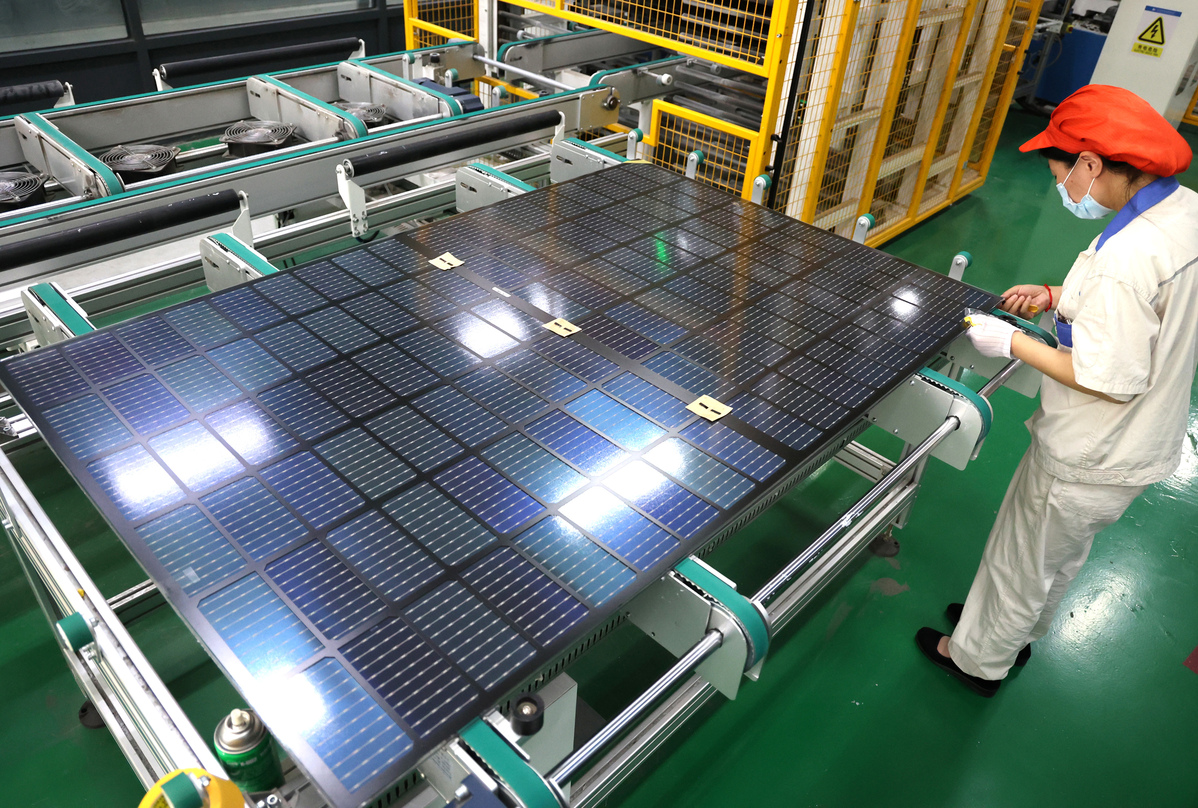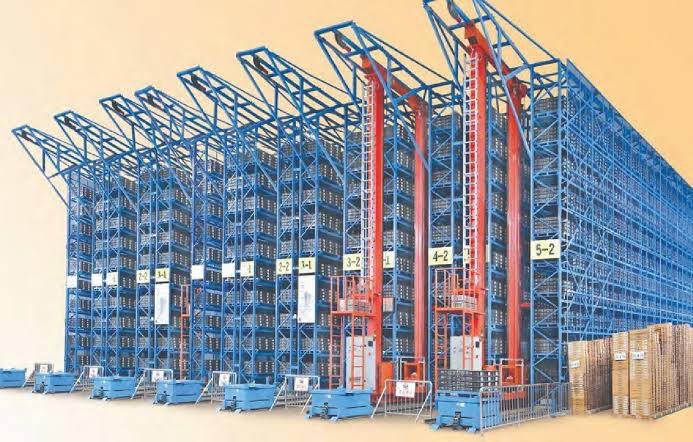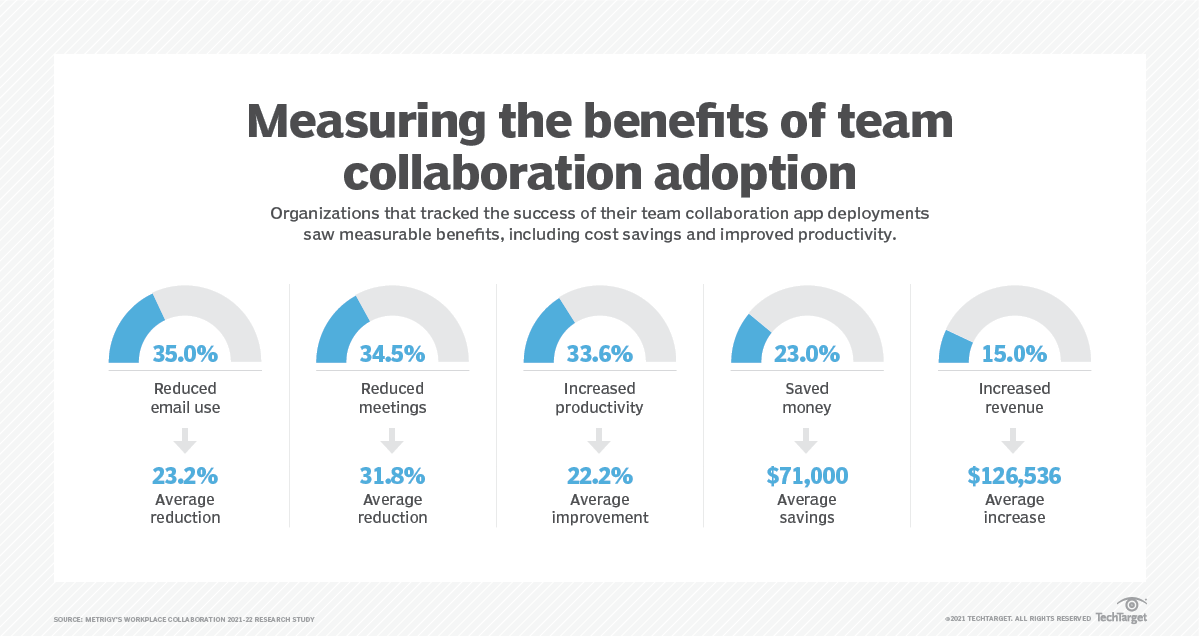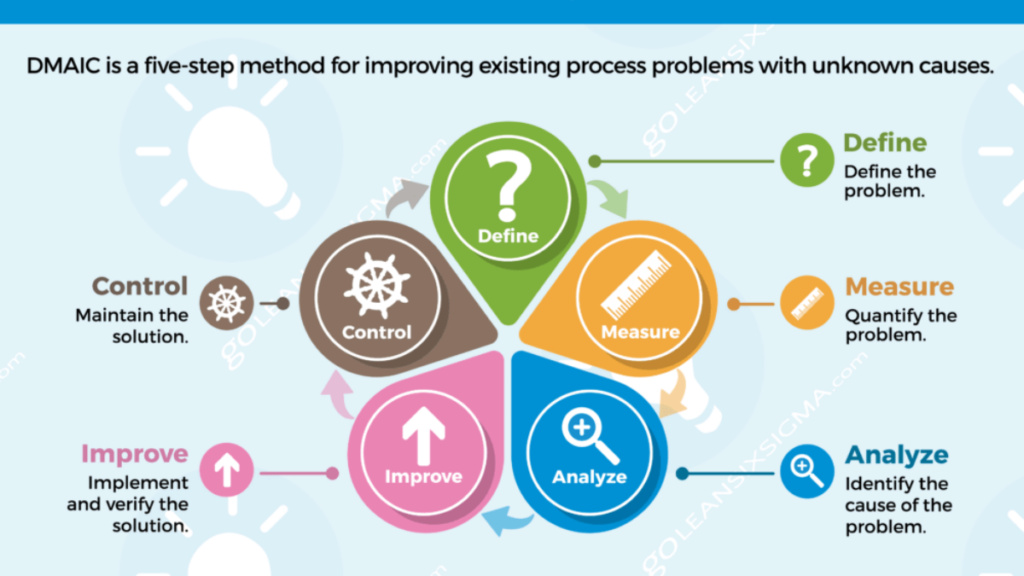
An example of innovation that can improve the productivity of workers is Lean Manufacturing.
Lean Manufacturing is a production method that prioritizes increasing efficiency, removing waste, and creating value. It involves continuous improvement and eliminating activities that do not add value to reduce production costs and create value for products. For example, Toyota, a car manufacturer, has used lean manufacturing techniques, which have reduced its manufacturing time by 50% causing a 30% increase in labor productivity.
Types of Waste in the Lean Manufacturing Process:- Defects: Waste from poor quality production causing repairs or new production. There are many reasons for this, such as raw materials or poor-quality materials.
- Excess Processing: Waste from many redundant steps and no use of technology to reduce the work process or production. Many steps in the verification process are more than necessary.
- Overproduction: Waste from manufacturing more goods than required.
- Waiting: Waste from waiting, and delays in the process cause loss of working time, such as broken machinery, running out of raw materials, and delayed transportation.
- Inventory: Waste from material storage and inventory. Storing too much inventory causes various costs such as storage costs, sunk costs, and costs from product deterioration.
- Transportation: Waste from transportation, which costs time, labor, and various expenses. If transportation is not complete, such as accidents.
- Motion: Unnecessary motion of people, machinery, or equipment. There are results in non-value-added time and increased cost.
- Non-Utilized Talent: The team's inventiveness is not effectively utilized. It usually comes from not listening to the opinions of co-workers or applying their opinions, causing the organization or production system to not be improved and developed.
Benefits of Lean Manufacturing:- Increase production efficiency and boost productivity: Because it reduces unnecessary steps and time usage.
- Use production resources more cost-effectively: Because it reduces waste such as the production of low-quality, unusable products, and reduces transportation costs.
- Reduce production costs, reduce time, and reduce resource use: Reducing all eight wastes that mentioned above is the same as reducing costs in every aspect.
Ref:
-
https://www.projectmanager.com/blog/what-is-lean-manufacturing#:~:text=Lean%20manufacturing%20is%20a%20production,and%20seeking%20continuous%20process%20improvement.-
https://www.machinemetrics.com/blog/8-wastes-of-lean-manufacturing
 Time limit: Until Sunday 25 November 2023.
Time limit: Until Sunday 25 November 2023.  The discussion will be assessed according to the attached criteria.
The discussion will be assessed according to the attached criteria.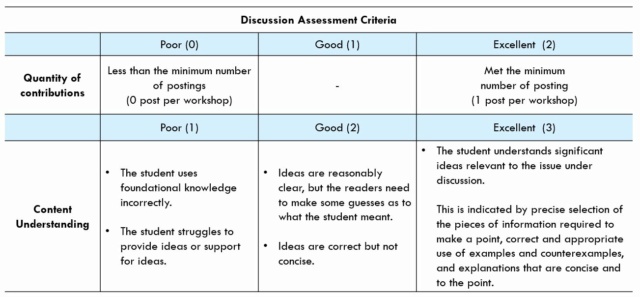

 Home
Home






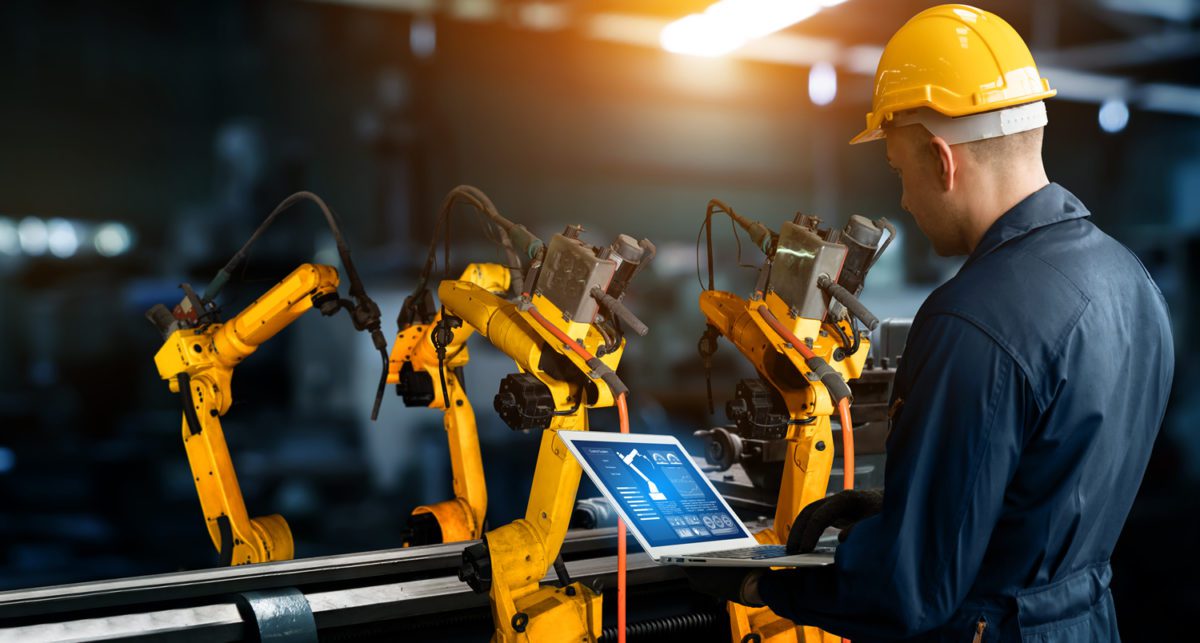


:max_bytes(150000):strip_icc():format(webp)/Cobweb_model2-473ff97f110b4f31a185efd11e679e13.png)


